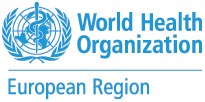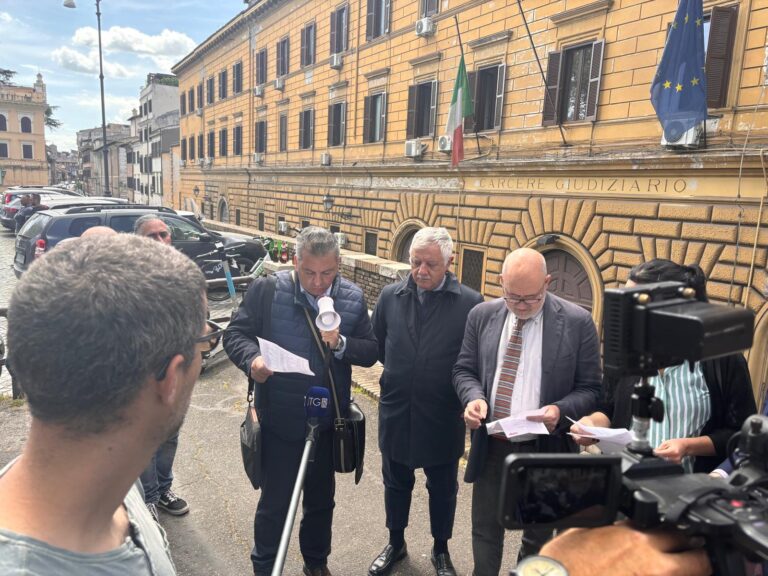
Climate change is already killing us, but strong action now can prevent more deaths
Statement by WHO Regional Director for Europe Dr Hans Henri P. Kluge
Copenhagen, 7 November 2022
November is a crucial month for climate change and health. Representatives and negotiators from all over the world are gathering in Sharm el-Sheikh, Egypt, at the 2022 United Nations Climate Change Conference (COP27) to build on prior agreements to urgently reduce greenhouse gas emissions, build resilience and adapt – despite the challenges – to the inevitable impacts of climate change.
Climate change and the crises it has triggered have long been clear health emergencies. WHO and partners have long sounded the alarm, but action has been dangerously inconsistent and far too slow.
In the WHO European Region, just this past summer, we witnessed an escalation of heatwaves, droughts and wildfires, all of which have impacted the health of our people.
The Region has just been dragged through the hottest summer and the hottest August on record, according to the European Union’s Copernicus Climate Change Service. In addition to high temperatures, we fought devastating wildfires across the Region that caused the highest carbon emissions since 2007, polluted our air, killed many people – including, often, the frontline respondents in emergency services – displaced many more, and destroyed large swaths of land for several years to come.
Heatwaves kill
Heat stress, when the body cannot cool itself, is the leading cause of weather-related death in the European Region. Temperature extremes can also exacerbate chronic conditions, including cardiovascular, respiratory and cerebrovascular diseases, and diabetes-related conditions.
Based on country data submitted so far, it is estimated that at least 15 000 people died specifically due to the heat in 2022. Among those, nearly 4000 deaths in Spain, more than 1000 in Portugal, more than 3200 in the United Kingdom, and around 4500 deaths in Germany were reported by health authorities during the 3 months of summer.
This estimate is expected to increase as more countries report on excess deaths due to heat. For example, France's National Institute of Statistics and Economic Studies (INSEE) reported that more than 11 000 more people died between 1 June and 22 August 2022 compared with the same period in 2019 – the last year before the COVID-19 pandemic. INSEE suggested that these figures were “likely to be explained by the heatwave that occurred in mid-July, after an initial heatwave episode as early as mid-June”.
Temperatures in Europe have warmed significantly over the 1961–2021 period, at an average rate of about 0.5 °C per decade. This is the fastest-warming region, according to a report launched this week by the World Meteorological Organization (WMO). Extreme temperatures accounted for more than 148 000 lives lost in the European Region in the previous 50 years. In just 1 year since, we lost at least another 15 000 lives.
In 2021, high-impact weather and climate events led to hundreds of fatalities and directly affected over half a million people. About 84% of these events were floods or storms.
These impacts on health that people in our Region are experiencing now with a 1.1 °C rise in global average temperature give just a glimpse of what we can expect if the temperature rises 2° C and above compared to preindustrial levels. This should sound the alarm for our future under a changing climate.
Concerted climate action was needed yesterday – but we can still act
Over the following decades, growing exposure and vulnerability to heatwaves and other extreme weather events will lead to more diseases and deaths unless countries take truly drastic adaptation and mitigation measures to tackle climate change.
Adaptation means making health systems and societies fit to face the future ahead. For example, heat–health action plans are crucial to adaptation to climate change, protecting communities from heat-related death and disease. More than 20 countries in the Region have heat–health plans in place. While this is encouraging, it is far from enough. For the plans to be effective, we need strong intersectoral coordination and cooperation. If we are better prepared for a hotter Region, we will save many lives.
Mitigation means going beyond preparing for the impacts of climate change to being part of the solution. Our health systems and societies need to be climate-resilient, sustainable and low-carbon. We can do our part by ensuring that climate change is fully integrated, internalized and institutionalized into our health systems, accelerating the delivery of net-zero, sustainable health care to improve individual, societal and planetary health.
We can also advocate for mitigation policies that reduce emissions while resulting in multiple health and societal benefits by simultaneously addressing climate change and air pollution, which kills an estimated 550 000 people in our Region each year out of a global estimated total of 7 million.
At the individual and community level, we all need to substantially reduce our carbon emissions through more sustainable patterns of production and consumption, and by embracing a full and rapid transition towards clean and renewable energy. We have the technology – we need to find ways for it to be accessible to all countries and implemented rapidly.
Health at COP27
This month, COP27 will be especially critical for us here in the European Region and for people across the globe. Governments must demonstrate far stronger political will and faster action in implementing the legally binding global Paris Agreement on climate change so that we may all strive together to achieve a more sustainable, low-carbon and healthier future.
WHO is again supporting the negotiations through the COP27 Health Pavilion, convening the global health community and its partners to ensure health and equity are placed at the centre of the debate. The Alliance for Transformative Action on Climate and Health – established to support the countries that committed to the COP26 Health Initiatives on Climate Resilient and Low Carbon Sustainable Health Systems – is also gaining momentum to use the collective power of WHO Member States to achieve this goal and integrate health into any climate change plan.
It can’t be said often enough: We need to tackle climate change effectively together. We need more action in our European Region and beyond. We need to adapt to and, more importantly, to mitigate climate change to save more lives. And we need to do it now if we are to prevent the climate crisis from turning into an irreversible climate disaster for our Region and our entire planet.
ENDS
This information was brought to you by Cision http://news.cision.com
If you would rather not receive future communications from WHO Regional Office for Europe, please go to https://optout.ne.cision.com/en/Ji1XTHqbPWm69R6GSVyztqCUFterVbQ8MWCuAUmHGNC91Rpbas7kXs7WZtzvmfE43VXKsLU3zVcwzG3gYqDQ4PdQEjaVsMDDN56hXeVud7AfpQQJUTjb9wGxowyq2CaooLb.
WHO Regional Office for Europe, Marmorvej 51, Copenhagen, 2100 Denmark



